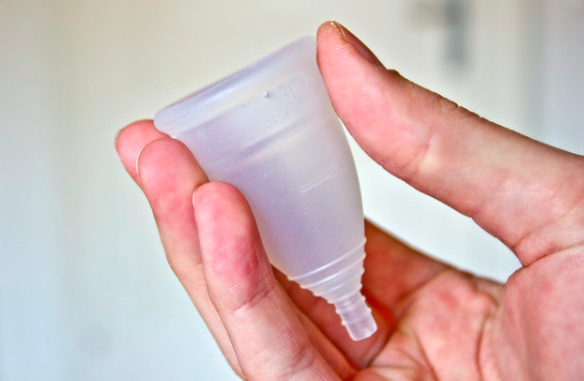A hormone is a chemical produced by the body that acts as a messenger. Different hormones are produced by different organs in the body and each hormone has a specific role to play in helping the body function correctly. Many hormones are produced by special cells in the endocrine glands. Men and women also produce hormones in their reproductive organs – men in their testicles and women in their ovaries.
What is progesterone?
Progesterone is one of several hormones that contribute to a woman’s reproductive ability. When a woman is not pregnant, progesterone is produced in the ovaries in the second half of the menstrual cycle. During a normal month, the ovaries prepare an egg to be released into the uterus or womb where it might be fertilized and become a baby. When the ovary is ready to release an egg, it also begins to produce higher levels of progesterone. The hormone travels through the blood to the uterus where it triggers the lining of the uterus to become thicker. Progesterone stimulates the growth of a rich supply of blood vessels in the walls of the uterus to get ready in case the egg is fertilized. It also triggers tiny glands in the wall of the uterus to produce a fluid that acts as nourishment for the egg and for any sperm that find their way into the uterus.
If the egg is not fertilized, about 10 days after ovulation, the level of progesterone in the blood drops off. When this happens, the new blood vessels in the walls of the uterus shrink back and the thickened tissue in the uterine wall falls away and is flushed out of the body during the woman’s monthly period. Appropriate levels of progesterone are crucial in order for a woman to become pregnant. If progesterone levels are too low, the egg will be expelled from the body. Low levels of progesterone can give the appearance of infertility due to problems with the ovaries.
Progesterone during pregnancy
If the egg is fertilized and implants in the wall of the uterus, the woman becomes pregnant. During pregnancy, progesterone works as a companion to the hormone estrogen:
• Prepares the walls of the uterus to sustain the baby
• Helps the placenta function to carry blood and nutrients to the baby
• Keeps the walls of the uterus thick and healthy
• Stimulates the growth of breast tissue
• Helps the body protect the uterus from cells that could damage the baby or cause infection
• Strengthens the pelvis muscles in preparation for labor and delivery
• Keeps the baby in the uterus by preventing the uterus from contracting
If progesterone levels become too low in the first 10 to 12 weeks of pregnancy, a miscarriage is possible.
Symptoms of low progesterone
While progesterone is crucial for a woman to have a normal monthly cycle, the symptoms of low progesterone may be difficult to recognize. Symptoms include:
• Menstrual cramps
• Bloating & water retention
• Craving carbohydrates
• Tender breasts
• Irregular periods
• Ovarian cysts
• Failure to ovulate leading to infertility
• Early miscarriage
Other symptoms of low progesterone levels are often associated with PMS or premenstrual syndrome including:
• Anxiety
• Depression
• Irritability
• Insomnia
• Mood swings
• Weight gain
• Breast tenderness
As women approach menopause, production of hormones including progesterone starts to decrease. Blood tests are available to measure the amount of progesterone present in the body. Talk to your doctor if you have reason to suspect your progesterone levels are too low. Progesterone is one of several hormones that can be given as part of hormone replacement therapy or HRT. A following article will discuss various types of progesterone supplements.
Sources:
National Institutes of Health: Medline Plus
Natural Hormones
Hormone Health MD





Add a CommentComments
There are no comments yet. Be the first one and get the conversation started!